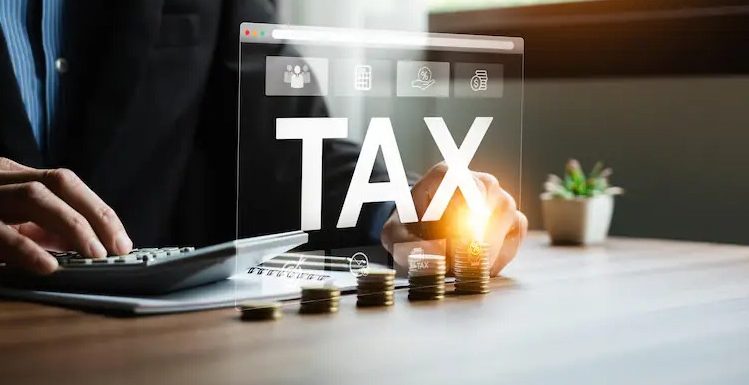
As daunting a prospect as tax filing may be, it remains a vital part of any responsible business owner or individual’s duties, and isn’t something that can ever be avoided. In this short guide, you’ll find the best practices and processes needed to file your taxes successfully, and hopefully, make tax season go smoothly.
That said, just because tax filing is important, doesn’t mean that you have to do all of the hard, time consuming work yourself, and thanks to expert tax services in Coral Gables, you can breeze through your personal or business tax filing obligations, and avoid all risk of penalties from the IRS, or any other kinds of problems that are potentially costly.
But if you are tackling your own taxes, here’s what you need to do:
Figure out what your tax filing status is
Determining your tax rate and any deductions you might be eligible for; your tax filing status is likely to be one of the following:
- Single
- Married and filing jointly
- Married and filing separately
- Head of household
- Qualifying widow(er) with dependent child
Below are some of the common types of taxes you will be required to pay as a business owner, depending on where you’re located:
- Income tax
- Sales tax
- Payroll tax
- Property tax
As well as these, if you receive any income from your business, such as salary or profits, you might also need to pay personal taxes.
Set up and maintain a record-keeping system
For accurate tax filing, it’s very important to make sure that you’ve got all the necessary info and documents at your disposal. If you’ve already set up a system for tracking income and expenses, as well as eligible deductions, this shouldn’t be an issue. If you haven’t, this is something you should prioritize.
Determine the structure of your business
How you file your business taxes is entirely dependent on what structure you choose for your business. For single-member LLCs or sole proprietor’s for example, your business income and expenses will be reported on your personal income form. Multi-member LLCs or partnerships must file a business tax return separately (Form 1065), and K-1 forms must be issued to each partner. A corporate tax return must be filed by corporations, using Form 1120 or Form 1120-S.
Select the appropriate tax forms
Depending on the structure of your business and the type of income you receive, you may need to file one of the following forms:
- Schedule C or Form 1040– used for reporting income and expenses by single-member LLCs or sole proprietors.
- Form 1040– most taxpayers use this form to report their personal income and to claim deductions
- Form 1120 or Form 1120-S – income and expenses for corporations are reported using these forms
- Schedule E or Form 1040 – income or loss from partnerships, S corporations and rental properties is reported using this form
- Form 1065 – the income and expenses of multi-member LLCs and partnerships is reported using this form
Claim any deductions and credits
From deductions like travel costs, office supplies and employee benefits, claiming these could help business owners reduce their tax liability.
As a business owner, you may also be eligible for certain credits, such as from an investment in renewable energy, or from taking on employees from disadvantaged groups. A firm providing tax preparation in Miami can advise you better and make sure you don’t miss out anything that you might be eligible for.
File your taxes on time!
To avoid penalties for late filing, get your tax forms in by the 15th April, or apply for an extension using Form 4868.
With help from a professional tax preparation and filing firm, you can alleviate the burden of tax season altogether, and set yourself up for stress-free filing, every season.

